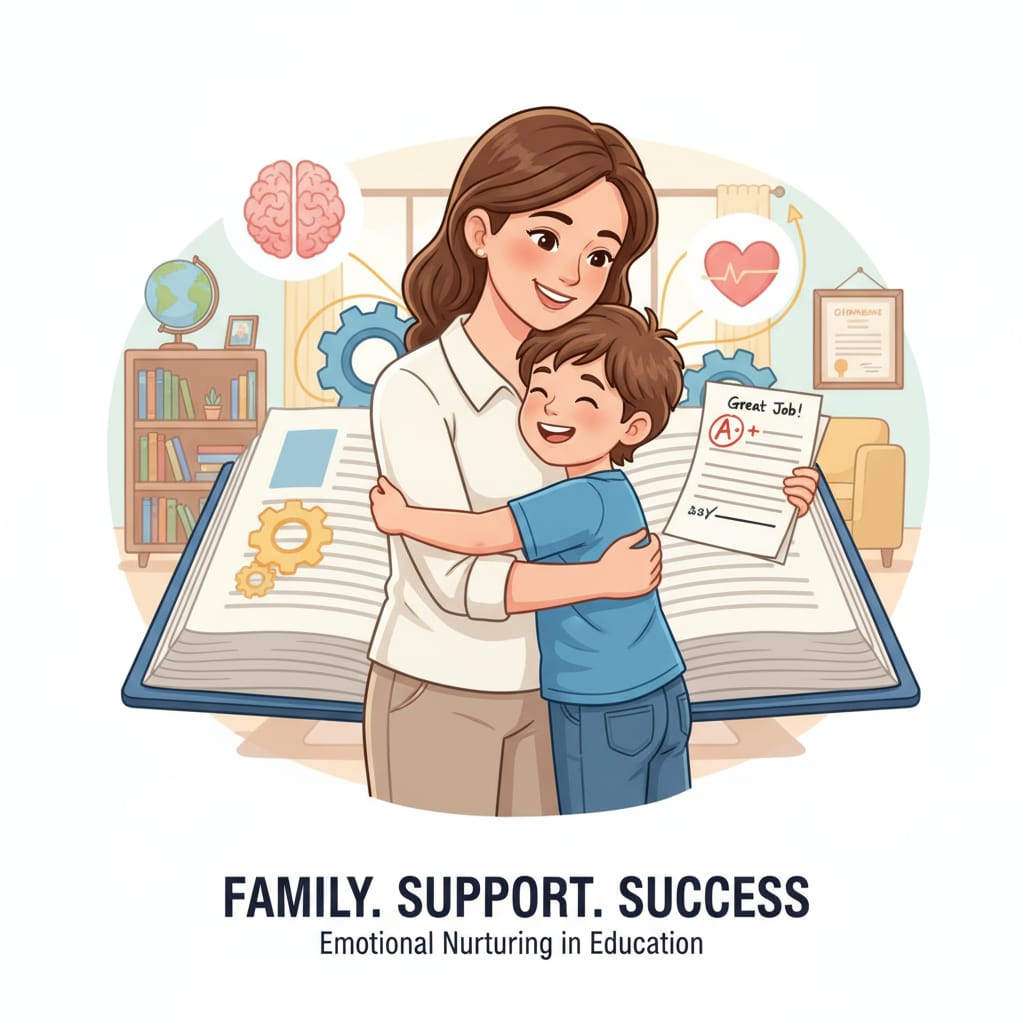Family education and parental involvement are crucial for every child’s development, especially in low-income families. Limited resources should not be a barrier to providing quality education for children. In fact, with some smart strategies, these families can still play an active and positive role in their children’s educational journey.

Emotional Support: The Foundation of Education
In low-income families, emotional support from parents can be a powerful tool. Children need to feel loved, valued, and encouraged. Simple acts like listening to their stories, praising their efforts, and being present during important moments can boost their confidence. For example, when a child comes home with a good grade, instead of just focusing on the result, parents can ask about the learning process and show pride in their hard work. This kind of positive interaction helps children build a healthy attitude towards learning. As a result, they are more likely to be motivated and engaged in their studies. American Psychological Association on Family Relationships

Utilizing Community Resources
Community resources can be a game-changer for low-income families. Local libraries often offer free books, study spaces, and educational programs. Community centers may host workshops, tutoring sessions, or sports activities. Parents should take advantage of these opportunities. They can also connect with other parents in the community. By forming study groups or sharing educational resources, they can make the most of what the community has to offer. In addition, some non-profit organizations provide financial assistance, school supplies, or educational scholarships for low-income families. Urban Institute on Community Resources for Families
Another important aspect is time management. In low-income families, parents may have long working hours, but they can still find ways to be involved in their children’s education. Setting a regular family study time, even if it’s just for an hour a day, can create a routine for children. During this time, parents can help with homework, read together, or discuss various topics. This not only enhances the parent-child relationship but also reinforces the importance of learning. Overall, with proper time management, low-income families can ensure that they are actively involved in their children’s education.
Readability guidance: This article uses short paragraphs and lists to summarize key points. Each H2 section provides practical strategies. The use of passive语态 is minimized, and transition words are used to make the text flow smoothly.


